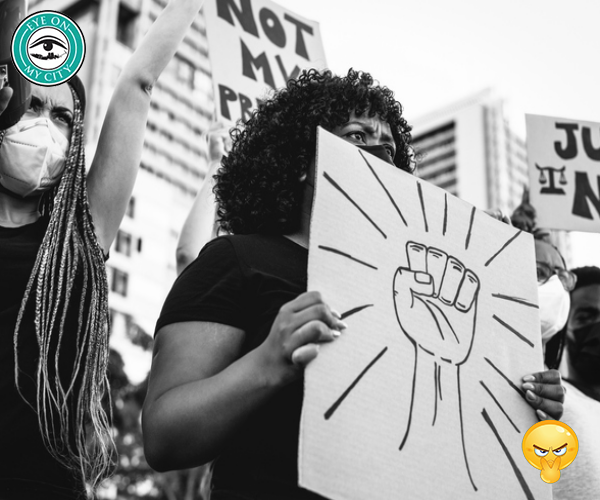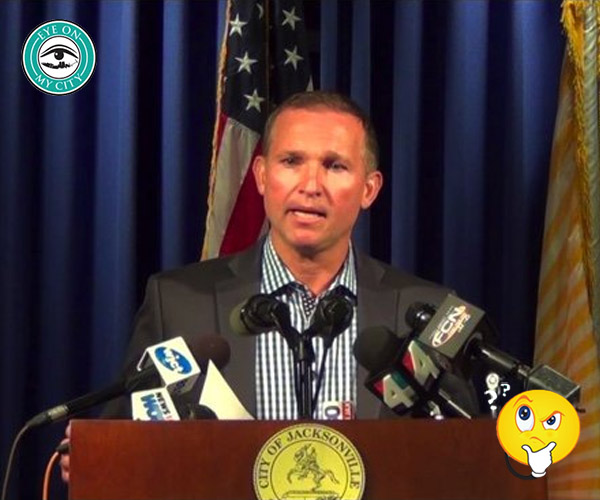U.S. Rep. John Rutherford does not agree that systemic racism exists either in the police ranks or the general population of America.

With 41 years of service as a police officer, including being the Jacksonville sheriff, he is far more qualified than most people in Congress to opine on the subject.
He believes that the existing data do not support the accusation and he is preparing legislation to require the federal government to collect even more detailed information on police/public interactions that result in deaths.
“I was beyond appalled,” he said, describing his reaction to the video of George Floyd dying during an arrest in Minneapolis. He thinks all four officers on the scene should have been fired and charged immediately.
“Sadly, what you saw was, that there was unity against what everyone saw.”
“But that didn’t last very long.”
Peaceful protests were taken over by rioting, looting, arson and murder, he said. He blamed the violence on “marxists” and “anti-American” groups, some funded by socialist organizations such as the Open Society Foundation.
While he was an officer, Rutherford once taught defensive tactics.
Rutherford said the officers in the Floyd incident were not following police best practices by pinning Floyd’s neck with a knee. The knee is supposed to go in the middle of the back and only until the suspect is handcuffed, he said.
“I don’t know any agency that teaches what I saw on that video.”
That said, “The system worked. They went to jail and will be held accountable.”
That shows there is not systemic racism, he said.
Better, more detailed information about deaths in police custody could show conclusively that the charge of systemic racism is unfounded, he said.
Rutherford said he is in talks with several members, including those in a bipartisan working group, over developing legislation to that end.
There is a wealth of such information, all disproving the allegation, but you cannot have too much data.
He also said several of the suggestions from House Speaker Nancy Pelosi might also be helpful, such as having a national database of terminated police officers. Florida keeps such information, he said.
One notable exception is doing away with “qualified immunity” for the police, as some anti-police groups are seeking.
This is a legal doctrine that shields officers from personal liability in civil lawsuits – not criminal charges. It only applies when an officer is acting within the law and according to his training and department policies.
Rutherford explained the importance.
“I spent 41 years of my life as police officer, willing to put myself in the breach, prepared to lay down my life, but I refuse to take my family into the breach with me. Without immunity you can do everything right and still your family is ruined.
“It gives clarity. Do it right, and you can’t be sued. But the agency can.”
Rutherford has long supported community involvement in police work. As sheriff, he had 3,000 people showing up monthly for advisory council meetings with officers. He marched in the street with groups opposing violence.
There was some racism in police ranks in Jacksonville 50 years ago, he acknowledged, but little or none now as the department has elevated standards and achieved accreditation. He expressed doubt that the worldwide scourge of racism could be eradicated by politicians.
But he refuses to accept the far-left claim that it is systemic, either among the police or the American population. Not many other Americans seem to be buying the absurd claim either.










